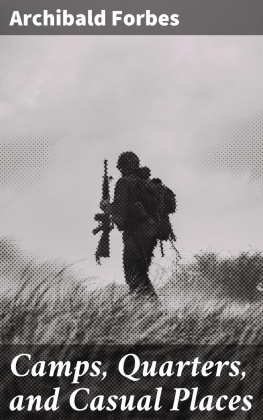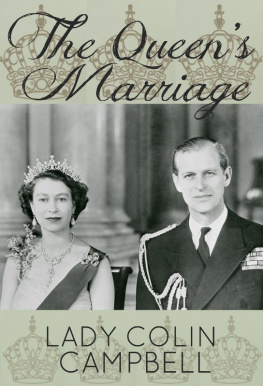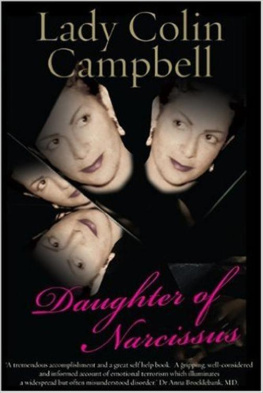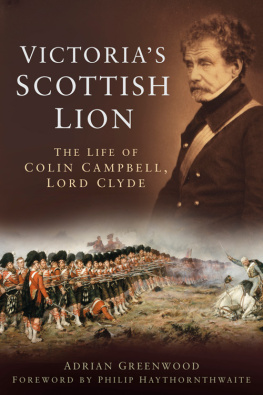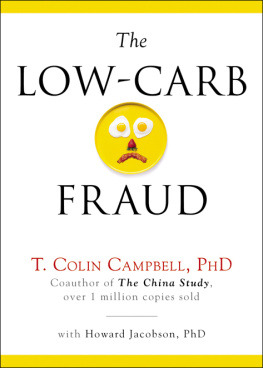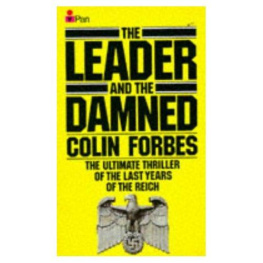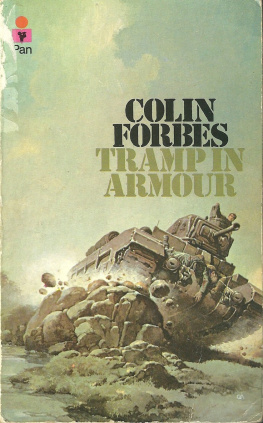EARLY LIFETHE PENINSULA
The British Military Service is fertile in curious contrasts. Among the officers who sailed from England for the East in the spring of 1854 were three veterans who had soldiered under the Great Duke in Portugal and Spain. The fighting career of each of those men began almost simultaneously; the senior of the three first confronted an enemy's fire in 1807, the two others in the following year. In 1854 one of these officers, who was the son of a duke and who had himself been raised to the peerage, was the Commander-in-Chief of the expeditionary army. Lord Raglan was a lieutenant-colonel at the age of twenty-four, a colonel at twenty-seven, a major-general at thirty-seven. He had been colonel-in-chief of a regiment since 1830 and a lieutenant-general since 1838; and he was to become a field-marshal before the year was out. Another, who belonged, although irregularly, to an old and good family, whose father was a distinguished if unfortunate general, and who enjoyed the patronage and protection of one of our great houses, belonging though he did to an arm of the service in which promotion has always been exceptionally slow, was a lieutenant-colonel at thirty and a colonel at forty, and was now a lieutenant-general on the Staff and second in command of the expeditionary force. The third, who was the son of a Glasgow carpenter, sailed for the East, it is true, with the assurance of the command of a brigade; but, after a service of forty-six years, his army-rank then and for three months later, was still only that of colonel. Neither Lord Raglan nor Sir John Burgoyne had ever heard a shot fired in anger since the memorable year of Waterloo; but during the long peace both had been attaining step after step of promotion, and holding lucrative and not particularly arduous offices. Since the Peninsular days Colin Campbell had been soldiering his steadfast way round the world, taking campaigns and climates alike as they came to him in the way of duty,now a brigade-major, now serving and conquering in the command of a division, now holding at the point of the bayonet the most dangerous frontier of British India against onslaught after onslaught of the turbulent hill-tribes beyond the border. He had fought not without honour, for his Sovereign had made him a Knight of the Bath and appointed him one of her own aides-de-camp. But there is a certain barrenness in honours when unaccompanied by promotion, and it had fallen to the lot of the son of the Glasgow carpenter to serve for eighteen years in the capacity of a field-officer commanding a regiment.
Yet even in the British military service the aphorism occasionally holds good, that everything comes to him who knows how to wait. Colin Campbell, the half-pay colonel of 1854, was a full general in 1858 and a peer of the realm in the same year; in 1862 he was gazetted a field-marshal. In less than nine years the half-pay colonel had attained the highest rank in the service,a promotion of unique rapidity apart from that conferred on soldiers of royal blood. Along with Lord Clyde were gazetted field-marshals Sir Edward Blakeney and Lord Gough, both of whom were lieutenant-generals of some twenty years' standing when Colin Campbell was merely a colonel. Sir John Burgoyne, almost immeasurably his senior in 1854, did not become a field-marshal until 1868.
Colin Campbell was born in Glasgow on the 20th of October 1792, the eldest of the four children of John Macliver, the Glasgow carpenter, and his wife Agnes Campbell. How Colin Macliver came to bear the name of Colin Campbell will presently be told. The family had gone down in the world, but Colin Campbell came of good old stock on both sides of the house. His grandfather, Laird of Ardnave in the island of Islay, had been out in the Forty-five and so forfeited his estate. General Shadwell, the biographer of Colin Campbell, states that his mother was of a respectable family which had settled in Islay near two centuries ago with its chief, the ancestor of the existing Earls of Cawdor. But the Campbell who was the ancestor of the Cawdors was a son of the second Earl of Argyle who fell at Flodden in 1513, and he belonged to the first half of the sixteenth century; so that, since Colin Campbell's maternal family settled in Islay with its chief, it could reckon a longer existence than that ascribed to it by General Shadwell. Not a few of Colin Campbell's kinsmen had served in the army; and the uncle after whom he was christened had fallen as a subaltern in the war of the American Revolution.
His earliest schooling he received at the Glasgow High School, whence at the age of ten he was removed by his mother's brother, Colonel John Campbell, and placed by him in the Royal Military and Naval Academy at Gosport. Scarcely anything is on record regarding young Colin's school-days there. The first Lord Chelmsford was one of his schoolfellows; and there is a tradition that he spent his holidays with the worthy couple by whom the Academy was established, and by a descendant of whom it is still carried on. When barely fifteen and a half his uncle presented him to the Duke of York, then Commander-in-Chief, who promised him a commission; and supposing him to be, as he said, "another of the clan," put down his name as Colin Campbell, the name which he thenceforth bore. General Shadwell states that on leaving the Duke's presence with his uncle, young Colin made some comment on what he took to be a mistake on the Duke's part in regard to his surname, to which the shrewd uncle replied by telling him that "Campbell was a name which it would suit him, for professional reasons, to adopt." The youngster was wise in his generation, and does not appear to have had any compunction in dropping the not particularly euphonious surname of Macliver. On the 26th of May 1808 young Campbell received the commission of ensign in the Ninth Foot, now known as the Norfolk regiment; and within five weeks from the date of his first commission he was promoted to a lieutenancy in the same regiment.
He entered the service at an eventful moment. Napoleon had attained the zenith of his marvellous career. He was the virtual master of the whole of continental Europe. The royal family of Spain were in effect his prisoners, and his brother Joseph had been proclaimed King of Spain. The royal family of Portugal had departed to the New World lest worse things should befall it, and Junot was ruling in Lisbon in the name of his imperial master. But the Spaniards rose



